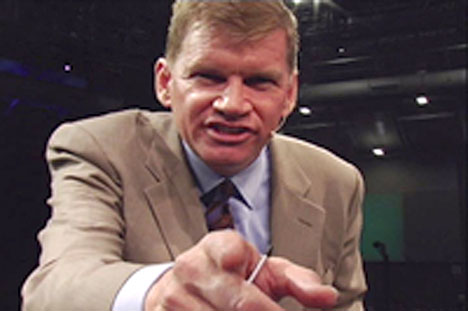A Message To A Church About To Go Underground Due To Persecution
 Watchman Nee, did not realized it, but prepared the Christian Church in China for days where it would have to go underground due to persecution. Watchman Nee Who Prepared The Christian Church in China for Upcoming Days of Persecution.Over three decades ago, being introduced to the Holy Spirit, and deciding to live “by the Spirit”, I became hungry in knowing how the Spirit actually worked in my life and among His people, the people of God. In my search I came upon a book that taxed my thinking entitled The Normal Christian Church Life by Watchman Nee. It had a chapter in finances and the Church and one on Storehouse tithing.
Watchman Nee, did not realized it, but prepared the Christian Church in China for days where it would have to go underground due to persecution. Watchman Nee Who Prepared The Christian Church in China for Upcoming Days of Persecution.Over three decades ago, being introduced to the Holy Spirit, and deciding to live “by the Spirit”, I became hungry in knowing how the Spirit actually worked in my life and among His people, the people of God. In my search I came upon a book that taxed my thinking entitled The Normal Christian Church Life by Watchman Nee. It had a chapter in finances and the Church and one on Storehouse tithing.
Actually the book is taken from lectures Watchman Nee gave the Christian Church in China, preparing it for one of the most severe persecutions that would come in my lifetime to any Christian Church that I know of. The living Christian Chinese Church would have to go underground and operate differently than the “blessed” Church in America. The Church is alive today in China, and stronger in faith, grace, mercy, love, generosity, etc. than its counterpart in the United States, yet often, we in America snub Watchman Nee’s teachings of being led by the Spirit as being influenced by “eastern thought” while we cling on to the intellect of “western thought and reason” for our answers and faith.
After sitting through a series of sermons on “generosity” and exposing the “financial need” of the current congregation that I am attending, I noticed that 88% of the church’s budget went to local church salaries, local church expenditures, and building mortgage. 1/10th of the budget, equivalent to a tithe, went to outside our walls of influence ministries. I have heard multitude of sermons about tithing over the years, to the point that tithing becomes an obligation, not a spiritual gift of giving. The local church needs my tithe in order to operate its projected “budget” for the year, and the members of the church feel guilty if that projected budget isn’t met. Are “projected budgets” biblical?
We read in the Old Testament that we should give our tithe to the “storehouse”, but I must admit, in almost every church that I have attended over the last 50 years, there is little if any storehouse. Churches are always asking for money as if broke. They always appear as paupers. Nothing is “stored up” in good times to be given as ministry in lean times. Joseph became great, second only to pharaoh, in Egypt because he set up a “storehouse” system that saved not only a nation, but also his personal family and reestablish the strained relationships between he and his brother. Joseph directly benefited from his “storehouse” philosophy by just being obedient to what and how the Spirit was leading him.
I know that Nee is addressing his church from his frame of understanding during his life time period, but some of the truths he exposes should make us in the West question how we do finances, ministry, missions, and how the church is run like a “business”, like an “organization”, with America’s C.E.O. pyramid mentality of leadership rather than the reverse pyramid of service that the Kingdom of God requires.
If you have time, right now, here is a must read. This teaching helped prepared a Church that today is persecuted, underground, but spiritually healthy and alive. A lesson, we in the West, should learn, for we do not know the day when we, too, will face persecution that will test our faith. Maybe we in the West, who have become cold in our faith, can learn from those who have to “live by faith” in China.
http://www.ministrybooks.org/Chapter.cfm?id=%21%2D0%20%20%0A














